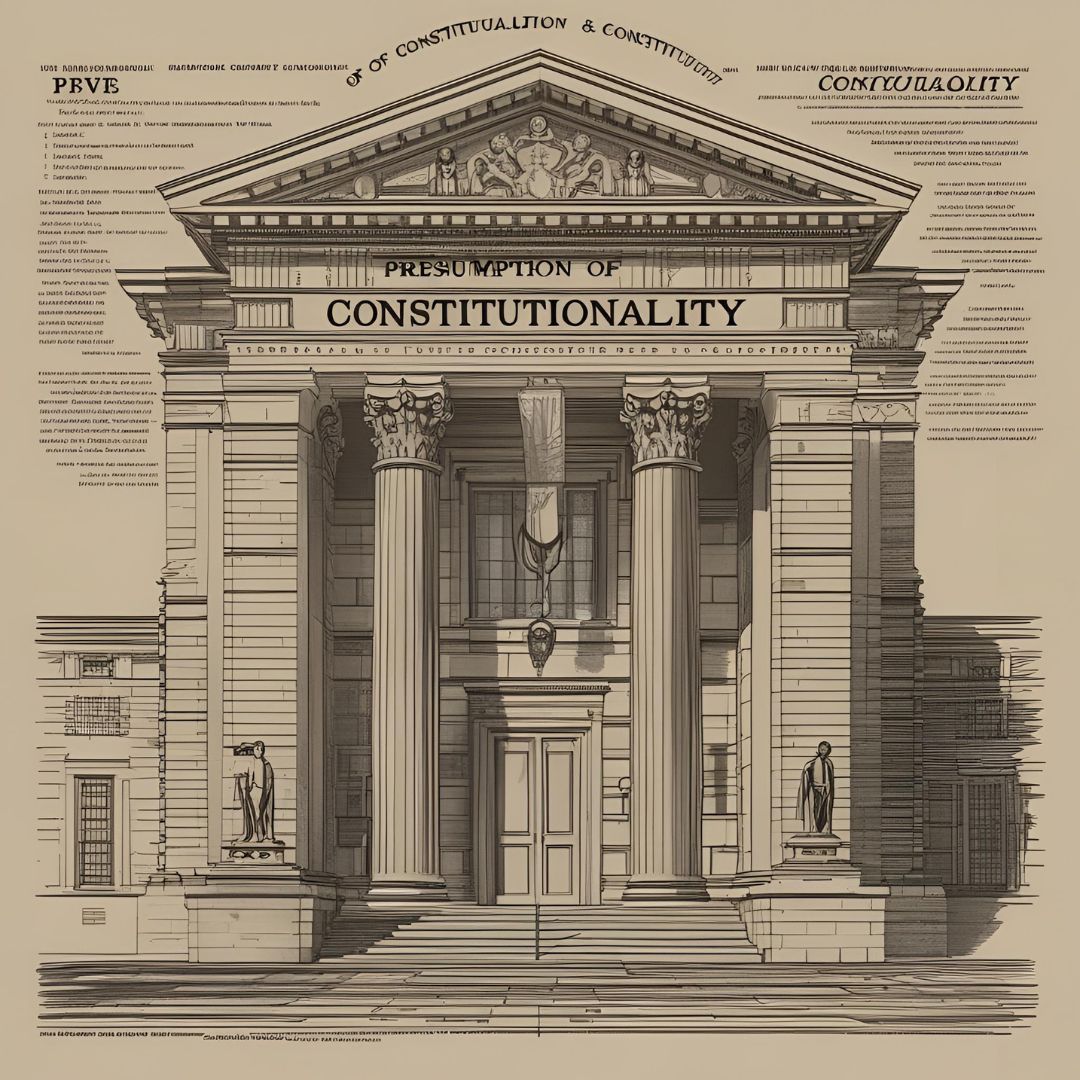Facts in the Case
- The Sales Tax Act included “paper” in its schedule as a taxable item.
- The Sales Tax authorities levied tax on the sale of carbon paper, considering it to be covered under the term “paper”.
- The seller challenged the levy, contending that carbon paper is a distinct commercial item and not the same as ordinary paper.
- The core issue is whether carbon paper falls within the meaning of “paper” under the Act for the purpose of taxation.
Issues in the Case
- Does the term “paper” as used in the Sales Tax Act include carbon paper?
- Can carbon paper be treated as commercially identical to ordinary writing or printing paper?
- What kind of interpretation should be adopted—literal, commercial, or functional?
Principles Applied
1. Literal vs. Commercial Interpretation
- While the literal meaning of “paper” might seem to include any paper-based material, courts often apply the commercial or popular meaning test in tax statutes.
- Under the commercial parlance test, the word in question is interpreted as understood in the market by traders and consumers.
2. Case Law Support
Delhi Cloth and General Mills Co. Ltd. v. State of Rajasthan, AIR 1980 SC 1552
- The Supreme Court held that technical or scientific meanings should not be used in tax statutes unless specifically defined.
- Instead, the popular or commercial sense of the term must be used.
Alladi Venkateswarlu v. Government of Andhra Pradesh, AIR 1978 SC 945
- The Court emphasized the use of practical and commercial understanding in interpreting terms in taxation statutes.
3. Nature of Carbon Paper
- Carbon paper is used not for writing or printing directly but for producing duplicate impressions.
- It has a coating of ink or dye and is functionally different from standard writing paper.
- In commercial parlance, carbon paper is treated as a separate commodity and not as paper per se.
Judgment
- The expression “paper” in the schedule to the Sales Tax Act should be interpreted in the sense in which it is commonly understood in trade.
- Carbon paper, being a distinct commercial article with a different function, cannot be equated with ordinary paper.
- Therefore, unless specifically included in the schedule by name or by category, carbon paper is not subject to tax under the entry “paper”.

